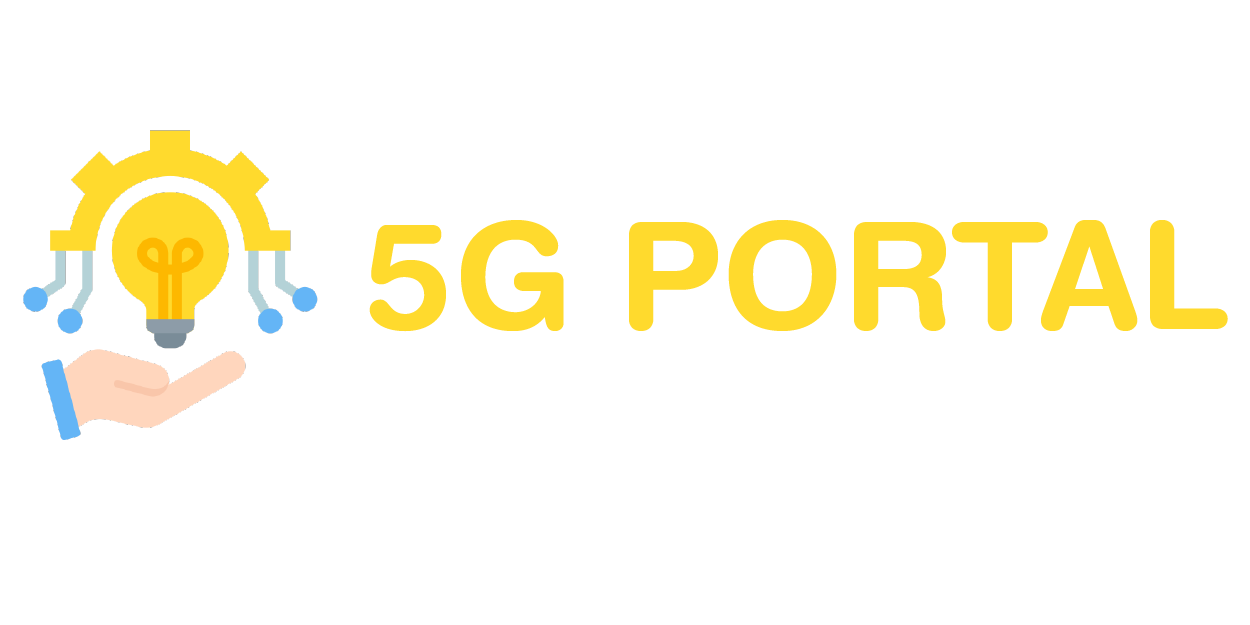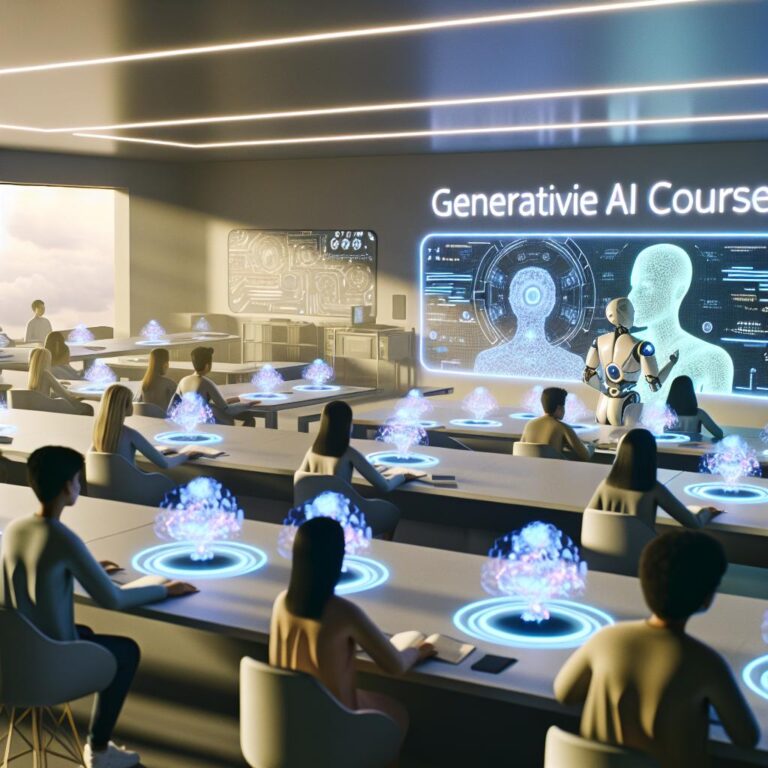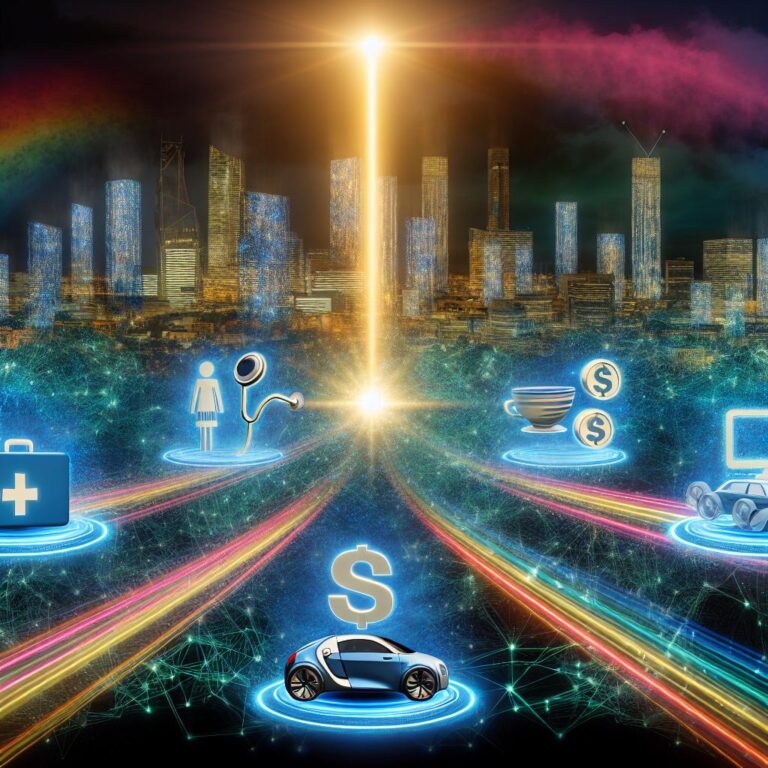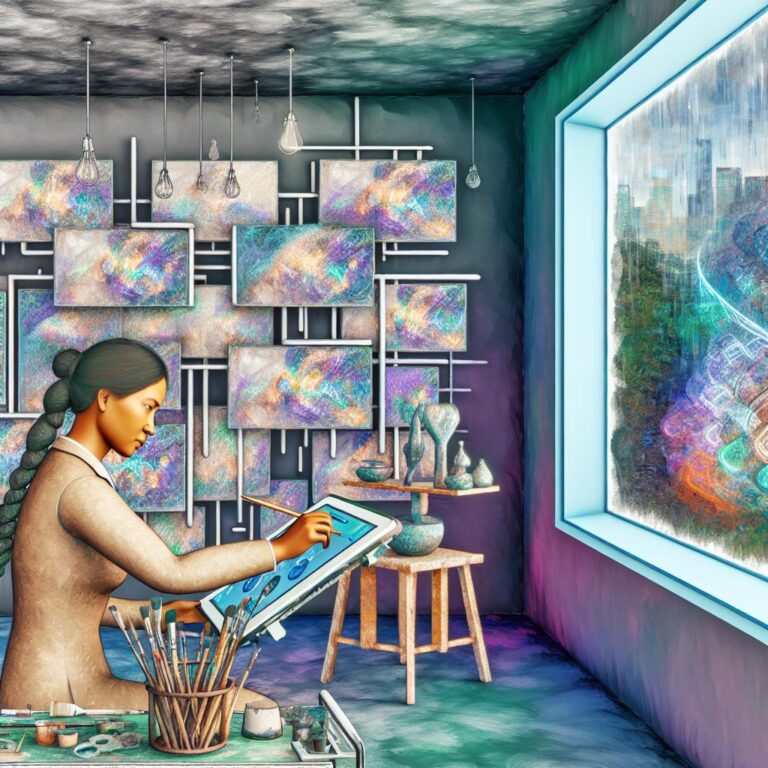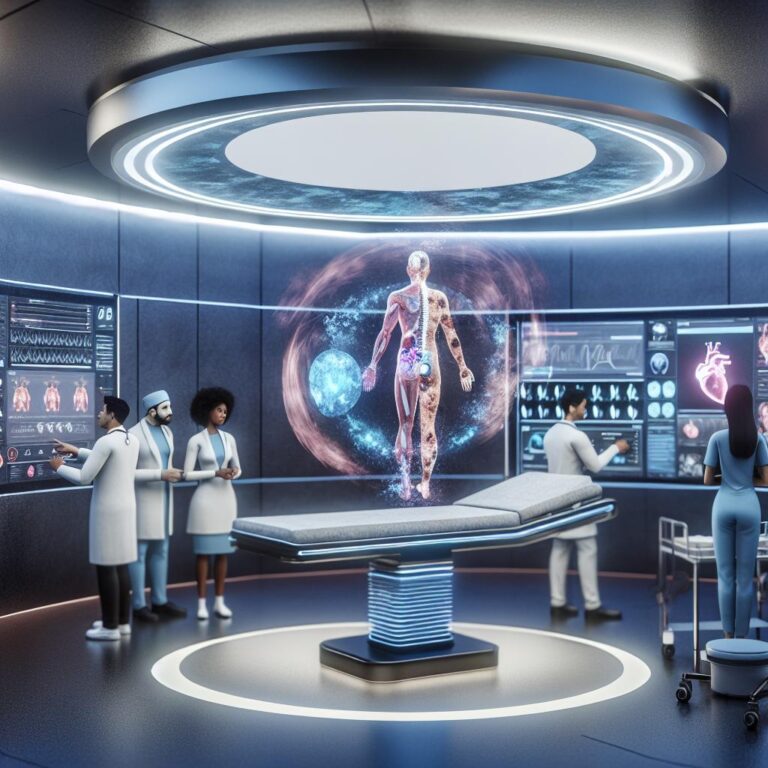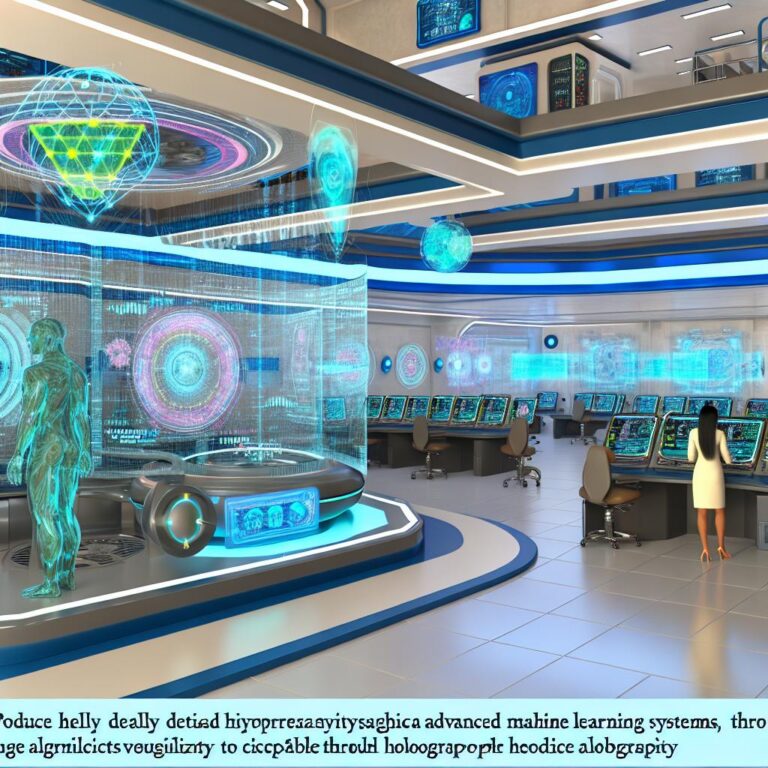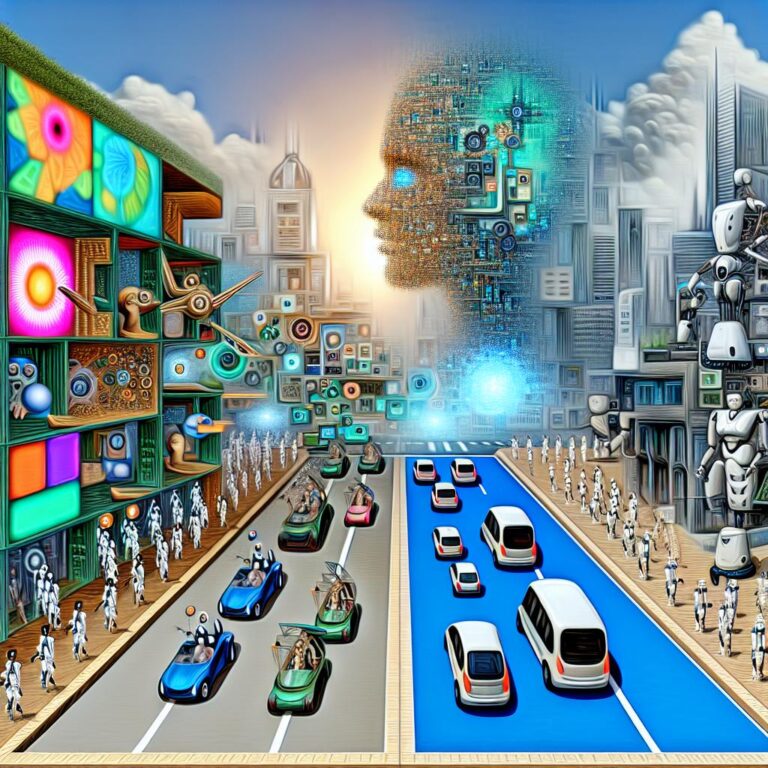Is Generative AI a Boon or Bane for Our Future?
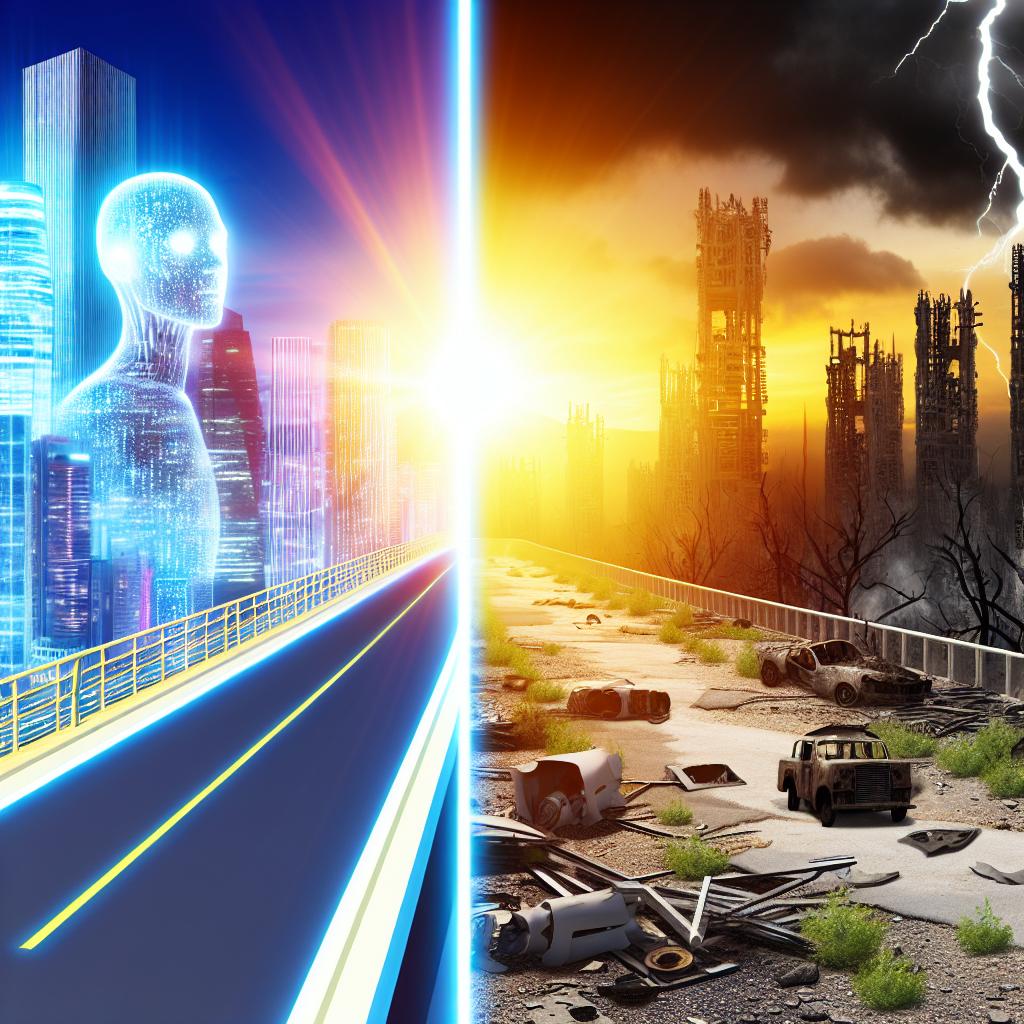
- Social Impact: Generative AI shapes communication; it helps connect people but can spread misinformation. It influences artists and may displace jobs, causing economic role shifts. AI affects cultural practices, especially among youth.
- Benefits: Automates repetitive tasks, assists in healthcare and architecture, designing sustainable cities.
- Drawbacks: High carbon footprint, job displacement, ethical concerns like bias and lack of empathy.
- Work & Jobs: Automation improves efficiency but poses job displacement risks. Creates new roles in AI development and ethics.
- Ethics: Issues include bias, privacy concerns, and job loss. Calls for clear, inclusive guidelines.
- Healthcare & Education: Enhances diagnostics, personalizes medicine; facilitates custom learning and tracks student progress.
- Economic Implications: Boosts productivity but risks job loss and income gaps; potential $1 trillion addition to the economy by 2025.
- Environmental Concerns: Aids sustainable technology development but poses energy consumption challenges. Improved through eco-friendly solutions.
Generative AI is reshaping our world at a dizzying pace. As a technology enthusiast at 5gportal.com, I constantly explore its impacts on economies, jobs, and ethics. Can AI be a force for good, or does it risk creating issues we can't predict? Today, we'll delve into its influence on society and the unique challenges and benefits it presents. Let's uncover if generative AI is a boon or bane for our future and what it means for us all.
How Does Generative AI Impact Society?
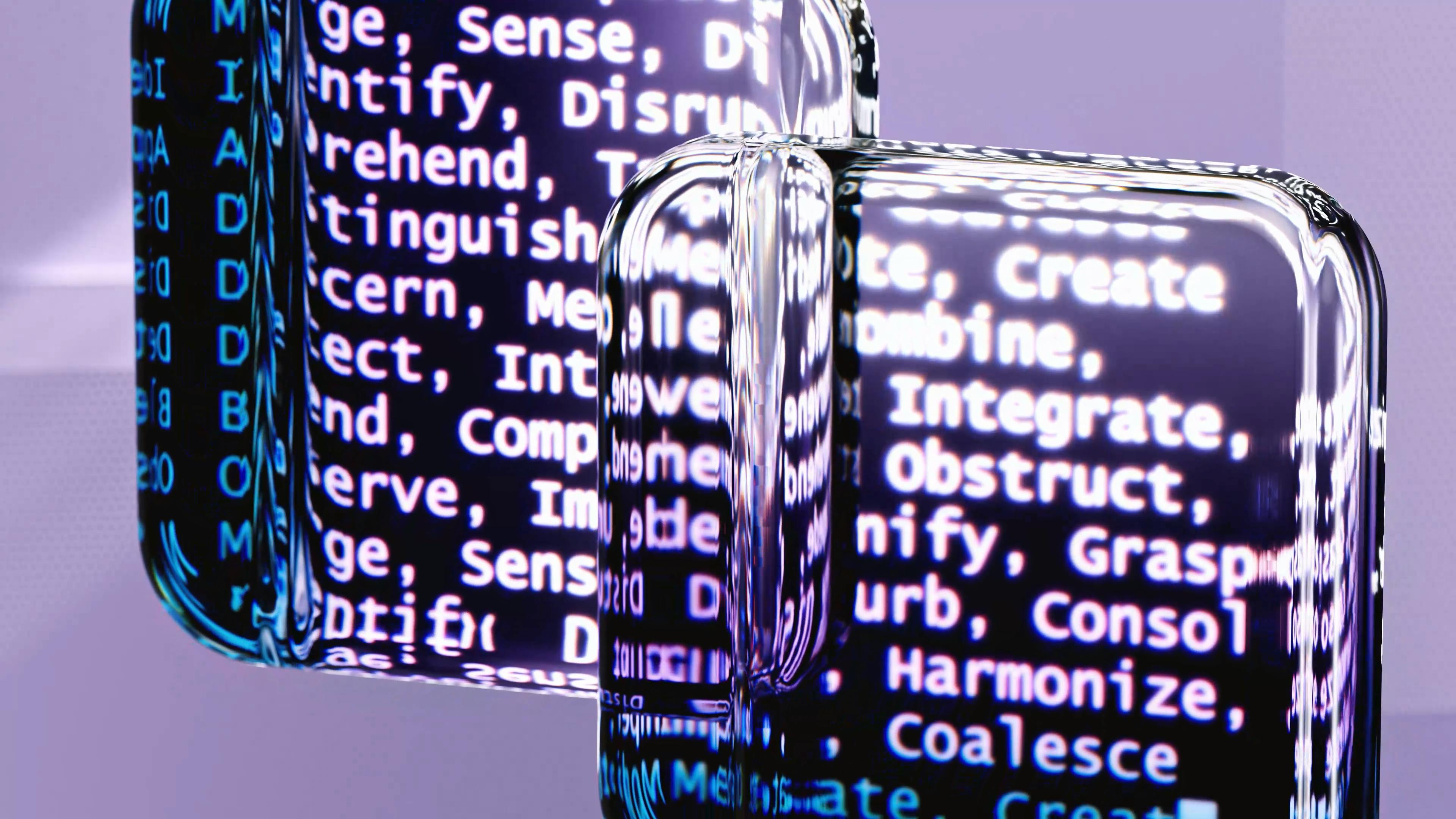
Generative AI's influence on society is vast and growing. It changes how we interact. Every day, technology guides us with Generative AI. But how does it change our social world?
Generative AI shapes our social dynamics by adjusting communication. Automated messages help us talk quickly, but sometimes lack warmth. AI in social media helps people connect, yet can spread false stories.
Does AI bring big changes to society? Yes, indeed. AI helps with new creations and ideas. For example, artists use AI for new art forms. However, automation may leave some without jobs, shifting economic roles.
Cultural shifts happen as AI grows. Young people often use AI apps for fun and learning. This inclusion changes how we learn about different cultures, but may also blur local customs.
In conclusion, AI's societal impact is strong and mixed. Embracing its benefits while managing its risks is crucial for a balanced future.
What Are the Benefits and Drawbacks of Generative AI?
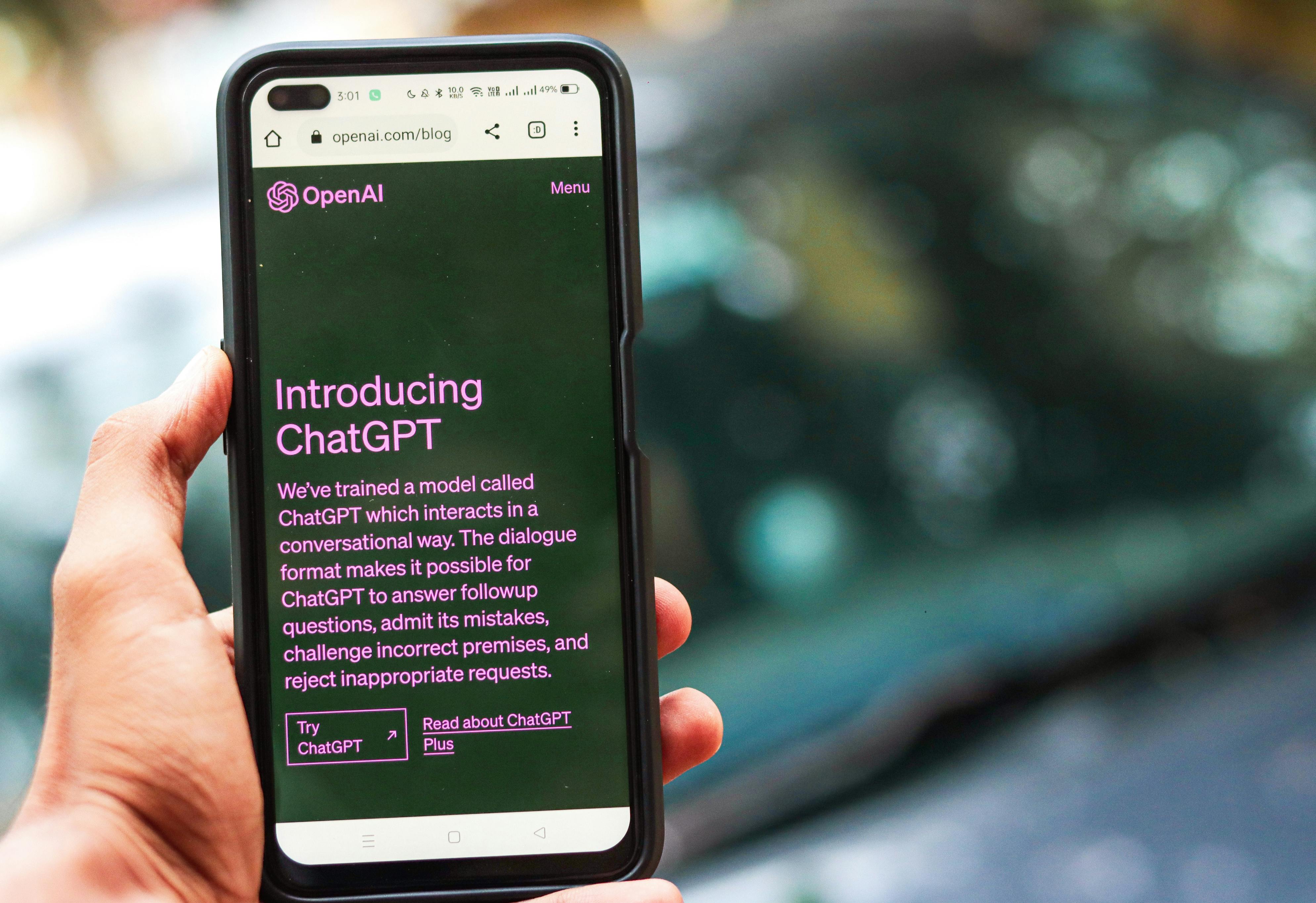
Generative AI has become a game changer in many fields. Its benefits are numerous and impactful. One main advantage is its ability to automate repetitive tasks. This can save hours for workers each day. In healthcare, generative AI helps with diagnosing illnesses. It analyzes data faster than any human can. Generative AI can even create innovative designs in architecture and urban planning. These designs lead to more sustainable cities and buildings.
Now, let's look at the other side, the drawbacks. AI systems require a lot of data and energy to operate. This results in a significant carbon footprint. For instance, training a large model can emit as much CO2 as five cars do in their lifetimes. Another risk is in job displacement. As AI takes over tasks, people might lose jobs. Ethical issues also arise since AI can make decisions that affect lives. These decisions might lack human empathy or understanding.
How do these pros and cons stack up in real-life settings? In many cases, the benefits outweigh the cons. Automation and efficiency gains can lead to higher productivity levels. But we must be cautious of environmental harm and ethical challenges. Balancing these factors is key to making the most of generative AI. Read more about these benefits and drawbacks.
How Does Generative AI Influence the Future of Work and Jobs?

Generative AI is changing work and jobs in big ways. It plays key roles in modern workplace automation. AI does tasks like data entry and customer service, making processes fast and easy. With AI, businesses run more smoothly and save on costs.
However, AI fuels job displacement concerns due to its automation. Many worry AI will replace human jobs in sectors like manufacturing and logistics. Machines have an edge when they work longer hours without breaks. Displaced workers need to learn new skills for future careers.
Interestingly, generative AI creates potential for new job roles to emerge. As AI integrates into industries, new jobs will need people to build, maintain, and improve AI systems. Fields like AI ethics and technology management are also growing. People who adapt to these changes might find great opportunities in the AI-driven world.
To find more on AI and its impact on jobs, check the AI and Job Impact resource for insights.
What Ethical Considerations Surround Generative AI?

Generative AI opens up a huge world of possibilities. But it also makes us think about important questions. One big question is: What are the ethical concerns related to AI decision-making? The main concern is bias. Bias happens when AI acts unfairly toward a group of people. This bias can be in job hiring, giving loans, or even predicting crime. Unchecked, it can worsen inequality.
We also need to ask: How can ethical guidelines be developed for AI technologies? This is a toughie. It’s crucial to make ethical AI rules. How do we do this? Involve everyone – tech experts and everyday people. Clear rules help AI be fair and transparent. Learning from mistakes and getting feedback is key.
What are potential ethical dilemmas that could arise with AI advancements? The main dilemmas are about privacy and job loss. AI needs lots of data, and people worry about their privacy with all this data collection. Plus, as AI becomes better, it can replace jobs, causing job loss anxiety.
These AI and Ethical Concerns are not small issues. Each dilemma could change society in a big way. Many people, including the smart folks at the Ethics in AI Competitive Environment, stress why we need ethical AI practices now more than ever. Making responsible choices with AI will surely shape a brighter future.
How is Generative AI Shaping Healthcare and Education?
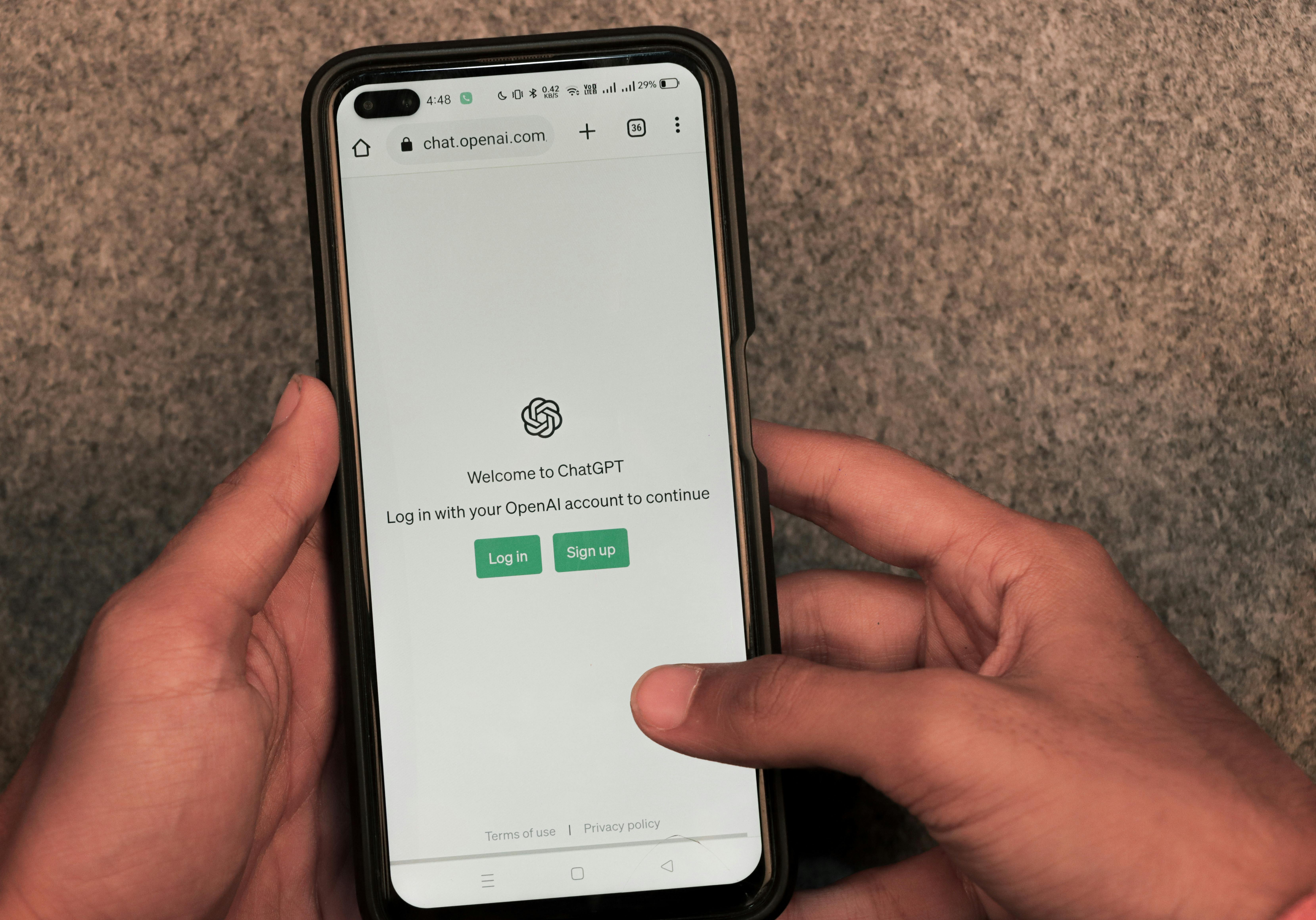
Generative AI is transforming healthcare by making treatments smarter. It helps doctors to diagnose diseases early. An example is how AI scans X-rays to spot lung problems faster than humans. AI also creates personalized medicine, tailoring treatments to individual patients’ genes. This means people get the best treatment suited to them, potentially saving lives.
In education, AI tools make learning more fun and engaging. Schools use AI to create custom lessons. Each student learns at their own pace, which makes education more efficient than one-size-fits-all teaching. AI helps teachers, too. It grades papers and tracks student progress, freeing up time for teachers to focus on personal interaction with students.
Educational institutions use AI to offer AI in Education Trends. AI suggests new courses and adapts content to fit the latest trends. Students get ready for the jobs of tomorrow with tailored coursework. This keeps education current with the fast-changing job market.
AI can improve learning experiences by making content interactive. Students can use virtual labs to conduct experiments, bringing science to life in new ways. These tools are especially helpful in remote learning. They help bridge the gap when face-to-face teaching isn’t possible. Thus, generative AI reshapes healthcare and education by personalizing experiences and making processes more efficient and engaging.
What Are the Economic Implications of Generative AI?

Generative AI can change how our economies grow and move forward. How does generative AI affect economic growth and development? It adds new ways to make things and create jobs. For example, it gives companies tools to solve problems quickly. This means faster innovation and better products.
Generative AI's economic challenges and opportunities are like two sides of a coin. On one side, AI helps businesses grow. It cuts costs and boosts productivity. But it also has challenges like job loss and income gaps. Some jobs might disappear, replaced by machines that can work 24/7.
AI's potential for economic growth is huge. It could add more than a trillion dollars to the global economy. By 2025, AI could change how we do many tasks, making them even better and quicker.
AI's influence on the economy isn't just about businesses. It also affects global markets. How might AI technologies impact global economies and markets? They can change the trade by making it fairer. AI can predict trends, making trading better and more precise. This could help countries with fewer resources catch up to wealthier places.
But with all this growth, there are risks. We need rules to ensure it helps more than it harms. AI must be used wisely so everyone benefits, not just a few. The digital economy needs this balance to thrive and grow together.
How Does Generative AI Address Environmental Concerns?

Can AI help make new, sustainable technologies? Yes, it can. Generative AI can design better materials for environmental sustainability. These materials can reduce pollution and aid in carbon capture. AI analyzes millions of options quickly, finding green solutions we might miss.
What benefits do AI applications bring to the environment? They improve climate modeling and urban planning. With AI, cities can become smarter and more eco-friendly. AI helps design buildings that save energy and use resources wisely. This helps fight climate change and save habitats.
How does AI usage support sustainability efforts? It fine-tunes energy systems, copying energy-saving habits. Imagine if all homes used less power because of smart AI systems. AI could boost the development of energy sources like nuclear fusion too.
Yet, AI has its environmental challenges. Its models use a lot of energy. Did you know one model can create as much pollution as five cars over time? We need methods to cut AI's footprint, like clean data centers and energy-smart computing. Only then can AI reach its eco-friendly promise.
Conclusion
Generative AI is changing the world at lightning speed. It influences our social lives, workplaces, and even education and healthcare. While AI offers many benefits, like improving job efficiency and boosting the economy, it also raises ethical and environmental concerns. We need to weigh its pros and cons carefully. AI could reshape job roles and societies, but it also presents risks like job displacement. As AI grows, ethical standards must guide its use to ensure it's safe and fair. In the ever-evolving tech landscape, staying informed is vital for making wise decisions.
